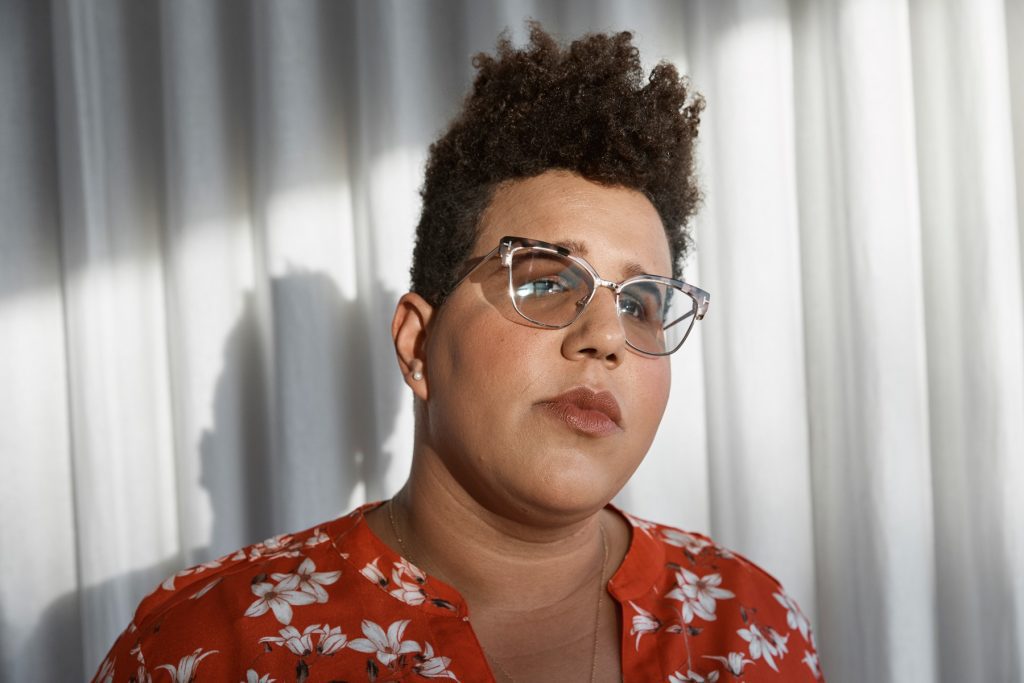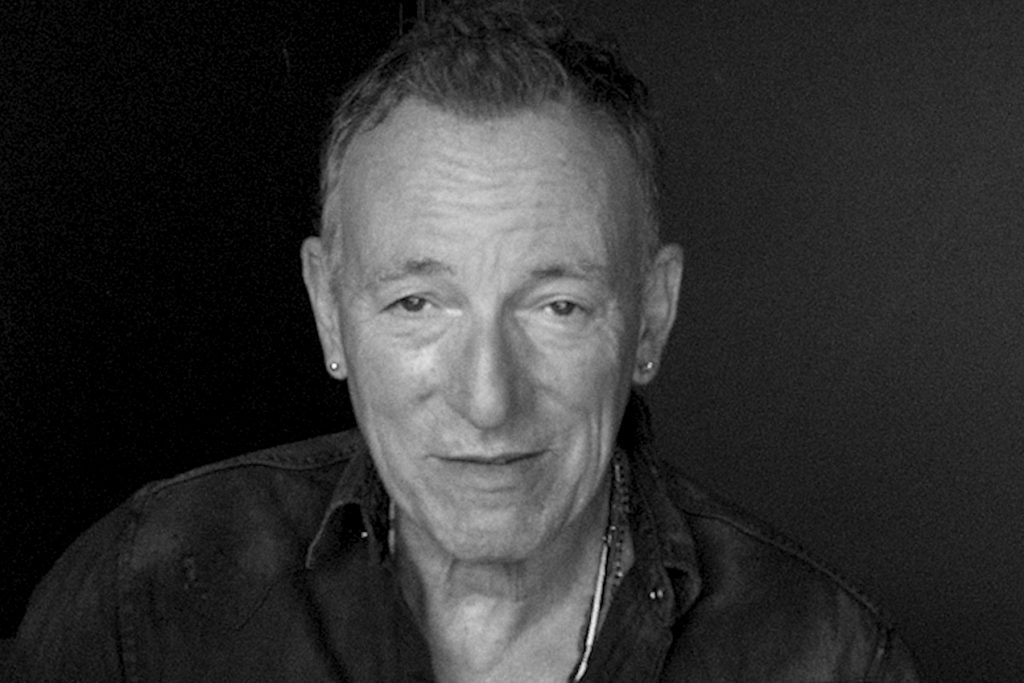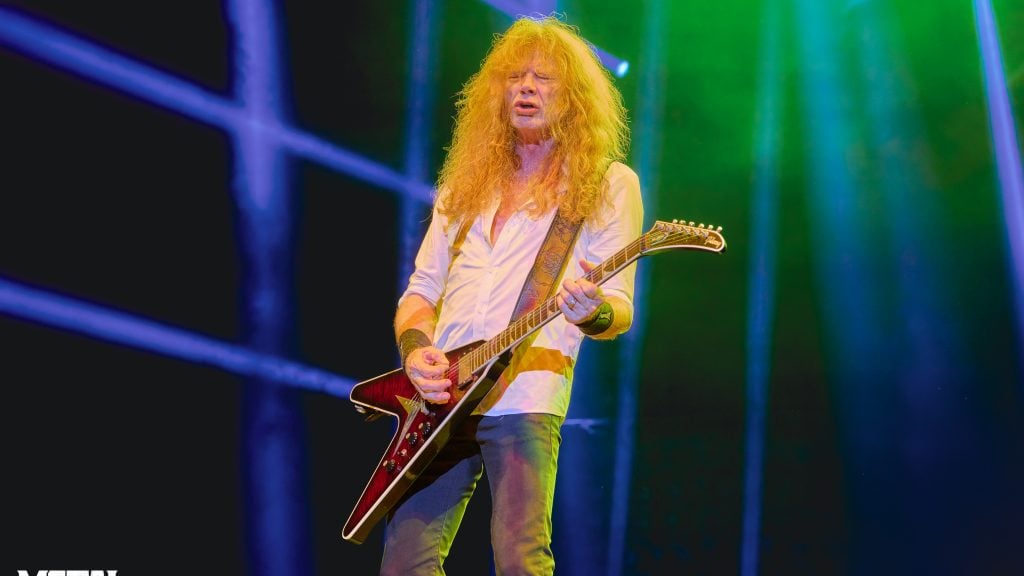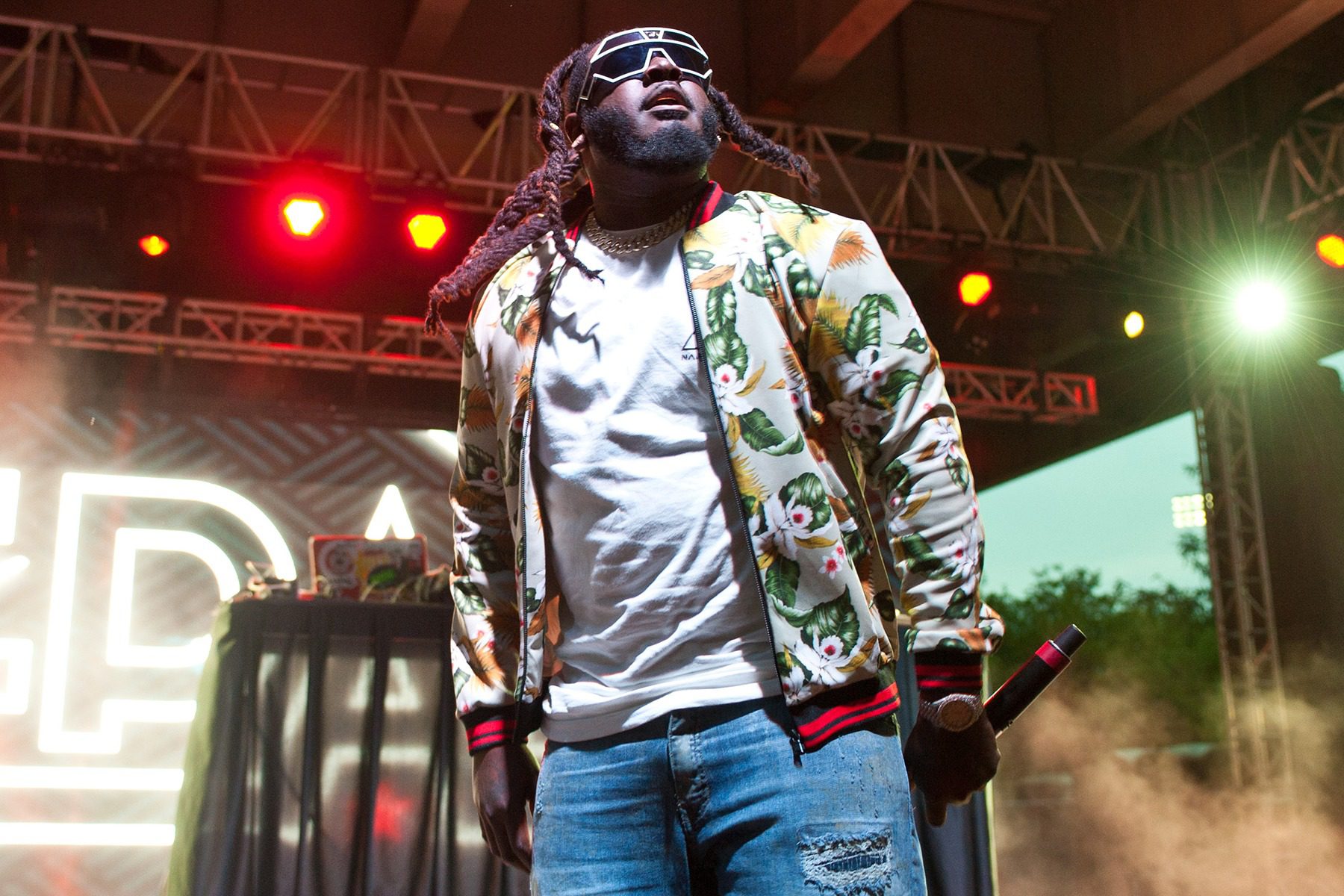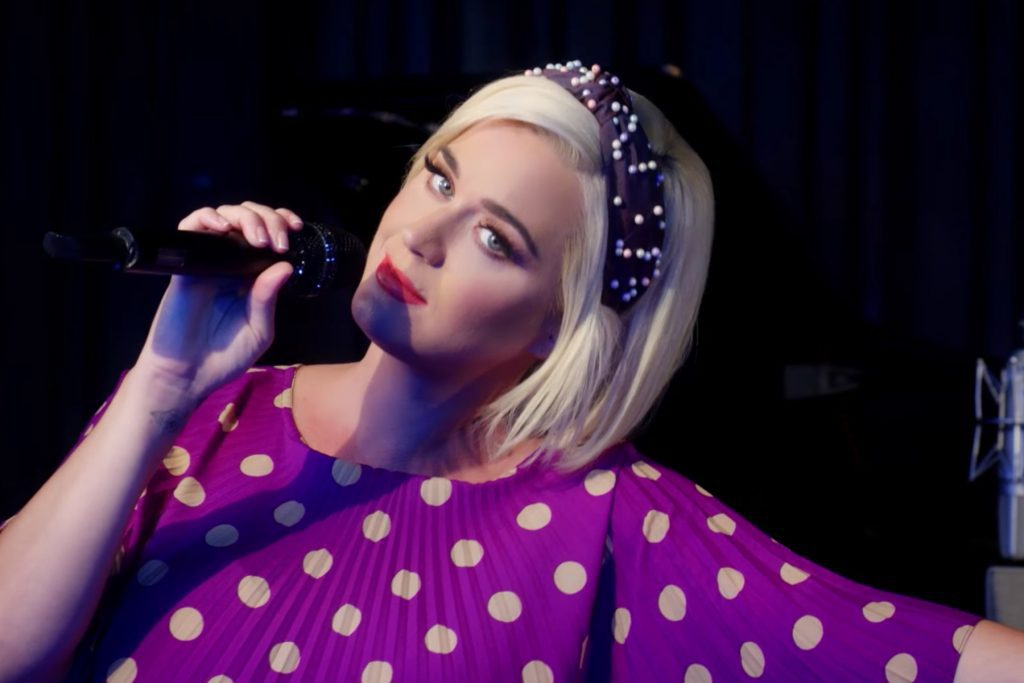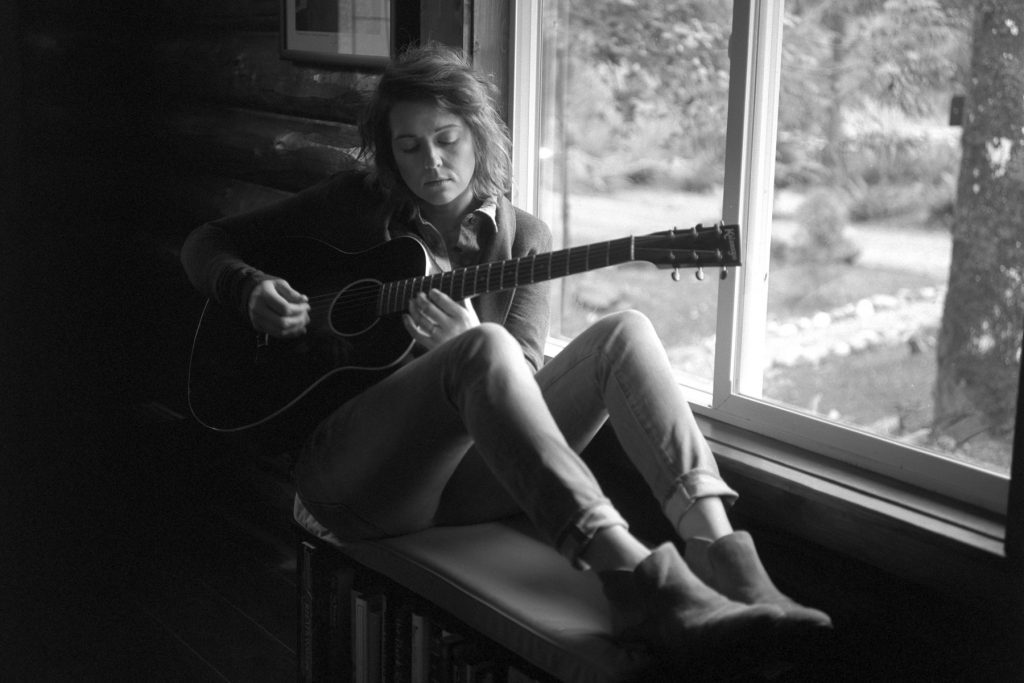
Brandi Carlile on the Highwomen’s Debut, Her New Book, and Learning How to Slow Down
First-round Grammy voting gets underway on September 30th and runs through October 12th. For our 2021 Grammy preview issue, we asked a series of likely contenders for next year’s awards to reflect on their past experiences at the ceremony, look ahead to the future, and discuss the albums and singles that could earn them a statue come January.
Brandi Carlile had a huge night at the Grammys in 2019, winning three of the six categories in which she was nominated, on the strength of her album By the Way, I Forgive You. She followed that with another win in 2020, for her songwriting efforts on Tanya Tucker’s “Bring My Flowers Now.” She kept going after that, introducing all-star country group the Highwomen with Natalie Hemby, Maren Morris, and Amanda Shires, and producing the Secret Sisters’ Saturn Return, among other projects.
Since March, Carlile has been at home with her wife and their children in Maple Valley, Washington, trying something new: learning how to be comfortable sitting still after years of relentless touring. “It has made me have to curb my fears around not working — meaning ‘I’m not relevant’ or ‘No one’s going to like me when I come back to work,’ ” she says. “It’s these insecurities that I wasn’t ever looking at because I was always putting one event in front of the other.”
blogherads.adq.push(function () {
blogherads
.defineSlot( ‘medrec’, ‘gpt-dsk-tab-country-article-inbody1-uid0’ )
.setTargeting( ‘pos’, [“mid-article”,”mid”,”in-article1″,”btf”] )
.setSubAdUnitPath(“music//country//article//inbody1”)
.addSize([[300,250],[620,350],[2,2],[3,3],[2,4],[4,2]])
.setLazyLoadMultiplier(2)
;
});
How have you been holding up?
It’s such a crazy time. There’s so much complication going on. I’m sure you’re hearing such similar things from people, but there’s as much esoteric, existential, high-tension anxiety in my life as there is super-beautiful transformation.
What kinds of transformation?
Having to sit with my workaholism, for the first time in my life, has been interesting. The way it’s made me talk to my kids, the way it’s made me have to learn to do other things to pacify myself.
Does being out on the road usually help curb those insecurities?
Yeah. I don’t know if it’s my age or my queerness or whatever, but, yeah. I’m realizing through this time that I’ve always had a bad case of imposter syndrome, and feeling like the only thing keeping me working or in demand or having any popularity at all was just the constant working, constant working, constant working. And that if I let off the gas, everyone will forget about me and realize I don’t belong here, and I’ll just go away.
Have you been working on new music during quarantine?
Yeah, totally. I’m writing a lot for my next album, which started from me writing a book. A lot of what I’m writing about in the book is causing all these little songs to come out. It’s been a lot like By the Way, I Forgive You. Like, maybe I just wasn’t quite done with that.
What can you tell me about the book?
It’s not a memoir, per se. It is about the way certain profound experiences of my life have led to me creating important art for myself. So it’ll be, like, this experience, the catharsis, and then the handful of songs that came from that. That’s how all my chapters are broken down.
How far along are you in the process?
It’s pretty much done. I just turned in Chapter 20. But I don’t feel like I can be in a global pandemic, and a racial-justice movement, and a time when I lose John Prine and not write a chapter about going back and reflecting on what’s happening in the world around me. I don’t know if it’s an afterword or a final chapter, but I know I still have one more thing to write.
The Highwomen’s debut album is nearly a year old at this point. How do you feel about it now that it’s had a little time to be out in the world?
I feel really proud. It was a labor of love. We did it because we wanted to do something good, and then the music wound up also being good. It was one of the great honors of my life to connect with those girls and try and make an impact on a genre that has struggled so much to recognize the work of all kinds of women.
blogherads.adq.push(function () {
blogherads
.defineSlot( ‘medrec’, ‘gpt-dsk-tab-country-article-inbody2-uid1’ )
.setTargeting( ‘pos’, [“mid-article”,”mid”,”in-article2″,”btf”] )
.setSubAdUnitPath(“music//country//article//inbody2”)
.addSize([[300,250],[300,251],[620,350],[2,4],[4,2]])
.setLazyLoadMultiplier(2)
;
});
The song “Crowded Table” seems to get at what you’re talking about — making space for everyone. Has that song’s meaning changed for you this year?
It has, actually. It’s important not to confuse inclusivity with colorblindness or the abandonment of labels, which could also be seen as disenfranchisement. I love the concept of a crowded table. But that crowded table is very much about bringing all kinds of people together because of their differences, because we see each other’s plight, because we see each other’s struggle — not because we’re ignoring it. We love them, and we want to support one another. I would never want to see that song or that sentiment get whitewashed or put into a broad sense, because actually it is a radical concept.
Do you feel like you’ve seen any change in your part of the music world in the wake of forming the Highwomen?
I really do. And even if it’s not the Highwomen that carry that torch or take that across the finish line, other women are doing the work — and it’s not because we started the work, but we are an important part of the conversation. I’m hearing quotes and I’m seeing direct and important change in roots music, and I’m feeling like I’m really proud of being a part of the beginning of that momentum.
You have also really stepped up your production work in the past couple of years, between Tanya Tucker and the Secret Sisters. How do you approach that role, when you’re trying to get the best out of somebody else’s songs instead of your own?
It has become such a passion of mine. It might even be overtaking other parts of my creative life, because I love intensely the concept of working with another artist and helping them say what they want to say. I like collaborating, plugging into their team temporarily, their musical muse. Sometimes it consumes me — if I’m working on a Secret Sisters record, I promise you, I’m not working on anything else, and that even includes hanging out with my kids. I get so obsessed with these projects.
